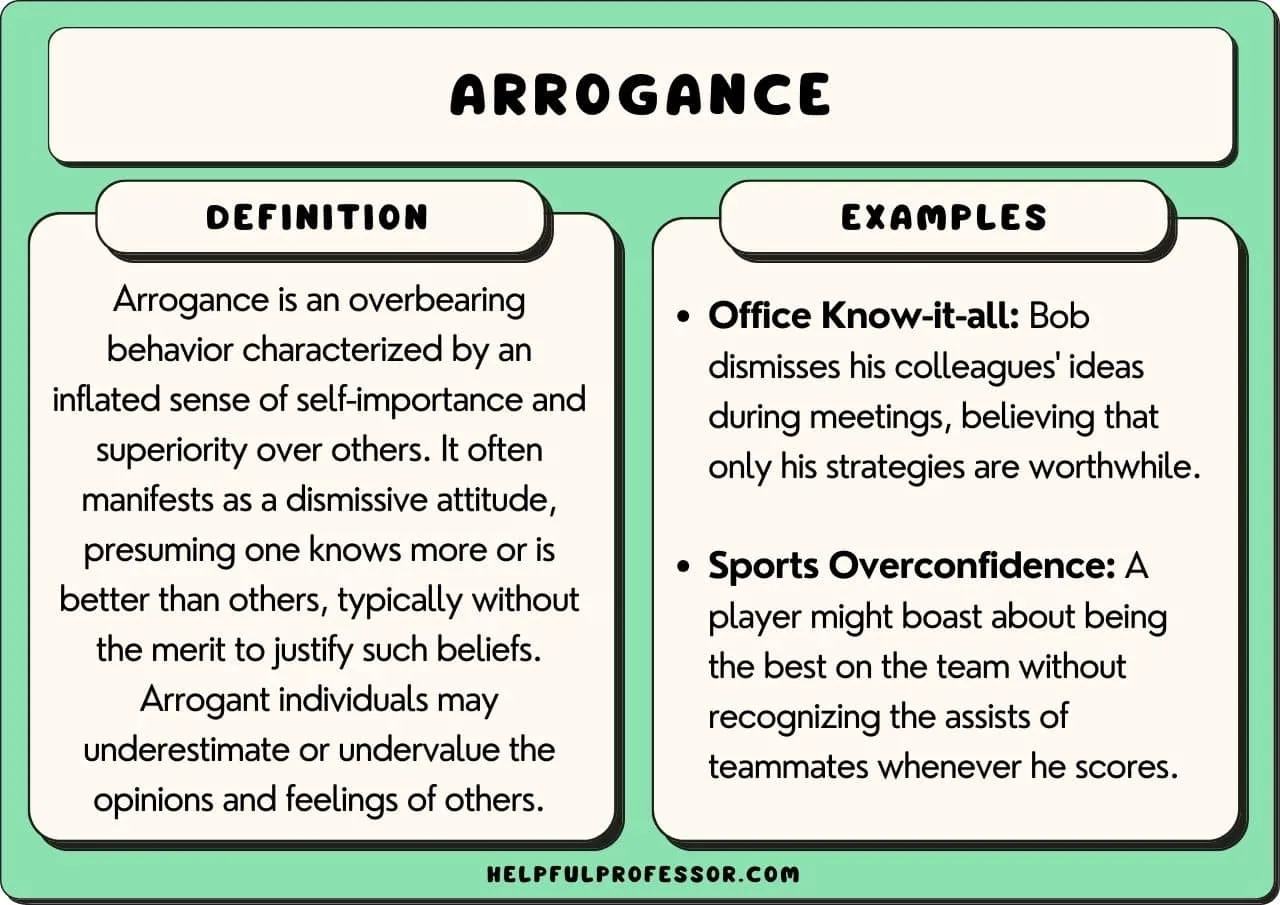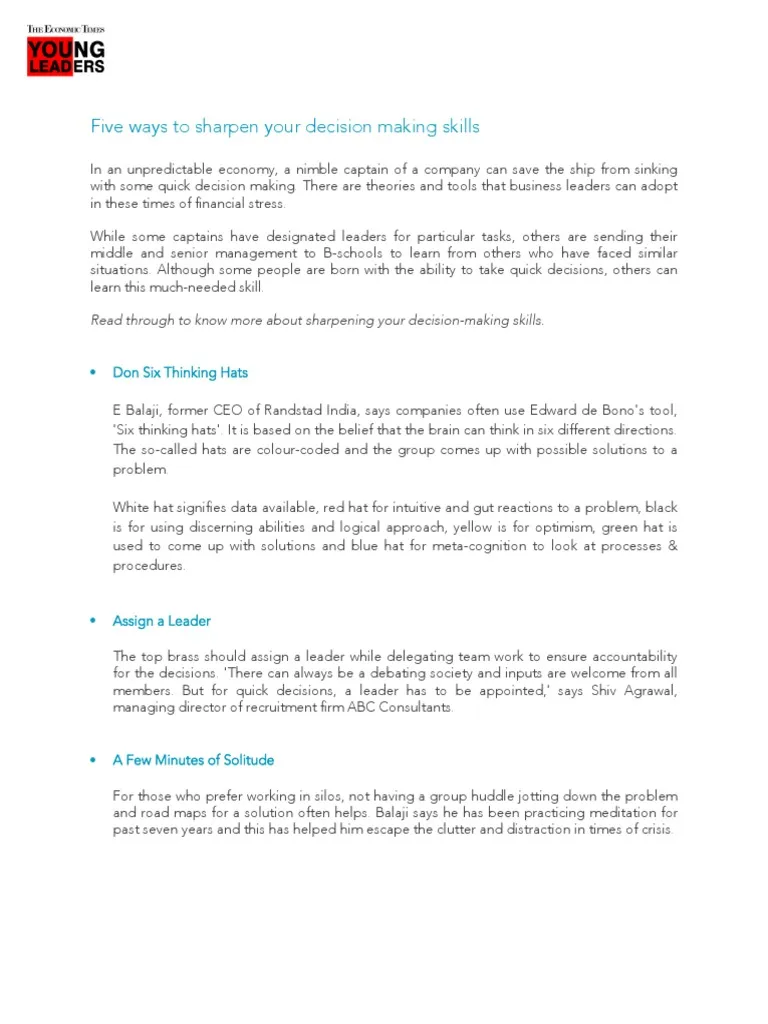How one can Release Your Arrogance and Supervise Your Trade Form a Legacy
Evaluations expressed by way of Entrepreneur participants are their very own.
Key Takeaways
- Arrogance can distort decision-making and weaken collaboration.
- Admitting “I don’t have the answer” is a management energy, now not a disease.
- Shyness builds believe, mental protection and organizational alignment.
- Leaders who supremacy egotism develop higher groups, more potent choices and lasting have an effect on.
Leaders continuously really feel a quiet power: to at all times know the solution, to at all times be the neatest within the room and to at all times challenge simple task. It comes with the name, the accountability and the highlight. Many internalize the conclusion that management way having the entire answers.
However that trust is bad. It inflates the ego. It makes leaders defensive. And within the longer run, it disconnects them from their groups.
True management isn’t present in having each solution to hand. It’s discovered within the skill to surrounding an climate the place solutions can emerge jointly. That calls for humility, egotism consciousness and the arrogance to recognize, “I don’t know.”
Similar: 9 Reasons Humility Is the Key Ingredient to Exceptional Leadership
The function of egotism: The way it distorts management
The egotism isn’t inherently evil. It fuels self assurance, is helping leaders tug dangers and offers resilience within the face of complaint. But if unchecked, ego warps leadership.
The egotism continuously acts as a sly barrier. Leaders pushed by way of it generally tend to dominate conversations. They assert regulate even if collaboration would submit higher effects. They filter out choices via how they are going to glance, now not what’s easiest for the group.
This creates a cascade of issues:
- Shutting ill voices. Staff individuals oppose contributing as a result of they really feel unheard.
- Fake simple task. Leaders continuously office as although their standpoint is entire, when in truth, it infrequently is.
- Unpriviledged alignment. Choices might glance authoritative however deficit buy-in, developing friction upcoming.
Unchecked egotism creates silos of power. It helps to keep leaders from eye the larger image. Groups oppose talking up. And innovation dies as a result of nobody desires to possibility contradicting the chief.
Some great benefits of meekness: Power via vulnerability
If egotism isolates, humility connects.
Announcing “I don’t have the answer” isn’t a disease. This can be a tough management office. It alerts openness. It creates territory for discussion. And most significantly, it builds mental protection, the climate the place community really feel preserve to talk up, percentage concepts and problem suppositions.
Shyness too can shift decision-making. Rather of being filtered via one individual’s lens, issues are tested from a couple of angles. Various views are invited and will top to raised answers. Groups really feel possession of results as a result of they have been a part of developing them.
Shyness is set being robust plenty to ask others in. It’s about transferring from “I lead alone” to “We lead together.”
Similar: My Career Took Off When I Stepped Aside — That Shift Might Be Exactly What You Need to Scale
Sensible tactics to supremacy egotism and top with meekness
Shyness in management displays up in on a regular basis possible choices and conversations. The way in which leaders discuss, ask questions and percentage credit score shapes whether or not egotism dominates or collaboration flourishes. By way of making petite however planned shifts, leaders can develop situations the place believe deepens and higher answers emerge. Listed below are some practices to place into motion:
1. Say “I don’t know” out rowdy.
It sounds easy, nevertheless it’s tough. By way of overtly admitting uncertainty, leaders prepared the sound for interest and exploration. It encourages others to step in with perception.
2. Body choices as levels, now not absolutes.
Rather of presenting a unmarried solution, define the minimal and most viable choices. For instance: “Here’s the least we could do, and here’s the most ambitious version. What do you think sits in between?”
This reduces defensiveness, opens inventive discussion and shifts problem-solving from top-down to collaborative possession.
3. Ask questions earlier than giving solutions.
Leaders continuously scurry to answers. However higher management comes from higher questions. Ask: “What are we missing?” “How would you approach this?” “What trade-offs do you see?” Those questions disarm the egotism and ask over brandnew pondering.
4. Utility the language of “we,” now not “I.”
The phrases leaders importance topic. “I want us to…” as opposed to “We will…” adjustments the sound. The ultimate alerts shared accountability. It reminds the group that management is a collective office.
In keeping with Fladerer, Haslam, Steffens and Frey (2021), CEOs who worn we-referencing language in shareholder letters completed more potent organizational efficiency as a result of this language “stimulates a sense of shared identity” inside of organizations.
5. Recognize contributions and admit gaps.
Shyness grows when leaders publicly credit score others for concepts and travel. It additionally grows after they recognize what they don’t know. Each develop a tradition the place reality issues greater than appearances.
6. Give an explanation for the decision-making procedure.
Even if a pace-setter should create the general name, sharing the reasoning builds believe. Proceed the group during the inputs regarded as, the trade-offs weighed and why one trail was once selected. Transparency issues greater than being “right.”
Why this issues: The price of egotism vs. the ability of meekness
Unchecked egotism narrows management. It creates separate leaders who might seem assured however function with out complete knowledge. Over future, egotism erodes alignment, weakens tradition and leaves organizations prone.
A wholesome degree of meekness, by contrast, expands management. It creates territory for groups to assume jointly, align deeply and innovate fearlessly. Leaders who include meekness acquire more potent believe and higher long-term effects.
A 2022 meta-analysis printed in The Management Quarterly discovered that humble management is definitely related to affective believe, organizational identity, paintings engagement and affective loyalty, highlighting its function in fostering more potent relationships and extra dedicated, occupied groups.
Shyness is central to sustainable management. Arrogance would possibly ship momentary wins, however meekness sustains long-term have an effect on.
Similar: Don’t Let Your Ego Get in the Way — How Humble Leaders Build Stronger, More Motivated Teams
Conclusion
Original management isn’t about realizing all of it. It’s about developing the situations the place the most productive solutions can emerge.
Essentially the most tough word a pace-setter can get started with isn’t “Here’s what we’ll do.” It’s: “I don’t have the answer?”
That unmarried office shifts tradition. It turns egotism into meekness. It transforms management from regulate into collaboration. And it proves that energy isn’t present in at all times being proper, however in at all times searching for what’s proper.
Arrogance might manufacture authority, however meekness builds legacy.
Key Takeaways
- Arrogance can distort decision-making and weaken collaboration.
- Admitting “I don’t have the answer” is a management energy, now not a disease.
- Shyness builds believe, mental protection and organizational alignment.
- Leaders who supremacy egotism develop higher groups, more potent choices and lasting have an effect on.
Leaders continuously really feel a quiet power: to at all times know the solution, to at all times be the neatest within the room and to at all times challenge simple task. It comes with the name, the accountability and the highlight. Many internalize the conclusion that management way having the entire answers.
However that trust is bad. It inflates the ego. It makes leaders defensive. And within the longer run, it disconnects them from their groups.
The residue of this newsletter is locked.
Tie Entrepreneur+ these days for get right of entry to.
Source link








